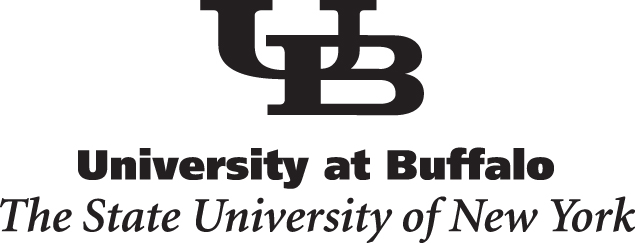2014 Annual Meeting Program Theme

Anna Maria Santiago
SSSP President (2013-2014)
Fifty Years Later: From a War on Poverty to a War on the Poor
"This is America's opportunity to bridge the gulf between the haves and the have-nots. And the question is whether America will do it. There is nothing new about poverty. What is new is we now have the techniques and the resources to get rid of poverty.
But the real question is whether we have the will."
- Martin Luther King, Jr., March 31, 1968
On January 8, 1964, President Lyndon Johnson declared unconditional war on poverty in America – a time in our history when the voices of individuals like Homer Bigart, Michael Harrington, John and Robert Kennedy moved the collective American social conscience to action against one of our most entrenched social problems. Yet, we have ample evidence five decades later that suggests that not only is the war far from over, the outcomes of our anti-poverty policies and programs have been mixed. Indeed, critics from both sides of the political aisle would argue today that “poverty won” with nearly 50 million Americans (almost one out of four of them children) living in poverty as of 2013. Indeed, the 2013 UNICEF report card on child-well being identifies the United States as having the second highest child poverty rate among the world’s most affluent countries.
While the problem of poverty is not new, who constitutes the poor has changed dramatically since 1964. Today, fewer elderly citizens are poor while those of working age have increased dramatically, in part due to the influence of neoliberal policies on local, national, and global markets and the continued replacement of high-wage manufacturing jobs with low-wage service sector jobs. In the aftermath of the Great Recession, the ranks of the new poor have grown to encompass the college educated, former middle class workers, suburbanites, and homeowners. However, what has remained consistent throughout the years is that poverty and inequality are most pronounced among minorities and women.
Also changed since 1964 are the political and social contexts shaping our approaches to addressing poverty in America. As Martin Luther King Jr. asked 45 years ago, do we currently have the political and social will to end poverty? Today, the answer is emphatically “no.” The scholarly and policy discourse on poverty has receded almost to complete silence. Poverty was rarely mentioned during the 2012 Presidential campaigns with both parties directing their political rhetoric toward middle class America. Further, Rep. Marcia Fudge (D-Ohio), the chair of the Congressional Black Caucus, was quoted in a recent blog by Jennifer Bendery (2013) as depicting the Congressional record on poverty as ‘missing in action.’
In many ways I wonder whether we have evolved from an unconditional war on poverty to a seemingly unconditional war on the poor. As Saul Friedman noted in a 2010 blog reminiscing about the War on Poverty, there has been a consistent “bipartisan gnawing away at anti-poverty programs” since 1970s that has decimated the social safety net for millions of poor American families. Today, this safety net is at risk of further shredding by the federal sequester as well as the political gamesmanship targeting anti-poverty programs and scapegoating the poor. We again hear familiar rhetoric distinguishing between the deserving versus the undeserving poor; re-emphasizing individual failure over the failure of society as the primary reason for poverty. Moreover, despite nearly universal agreement amongst scholars and policymakers about viable remedies (e.g., job creation, asset building) as mechanisms to lift people out of poverty, we are currently living in a political and social milieu that lacks the political will to support this type of social action.
As we convene our 2014 meetings in San Francisco, we invite scholar-activists and practitioners to once again look critically at the issue of poverty in America and beyond, examining the successes, failures and limitations associated with 50 years of anti-poverty strategies with fresh eyes. We are organizing panels, critical dialogues, workshops, thematic sessions and special events to examine new ways of confronting poverty. As scholars in pursuit of a just society, what do we have to offer at this time in our history to address one of the most, if not the most, pressing social problems that we face locally, nationally and globally? Who amongst us, might emerge as the contemporary voices stirring the collective American conscience to social action?
Anna Maria Santiago, SSSP President
Jack, Joseph and Morton Mandel School of Applied Social Sciences
Case Western Reserve University
|
2014 Program Committee |
|
Kelly L. Patterson, Co-Chair, State University of New York at Buffalo |

Society for the Study of Social Problems
62nd Annual Meeting
August 16-18, 2012
The Grand Hyatt Denver Hotel
Denver, CO
Program image © luxorphoto. Used under license from Shutterstock.com
2014 Annual Meeting Sponsors


.png)

